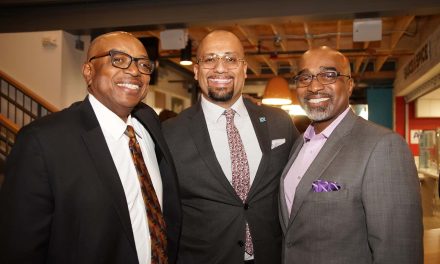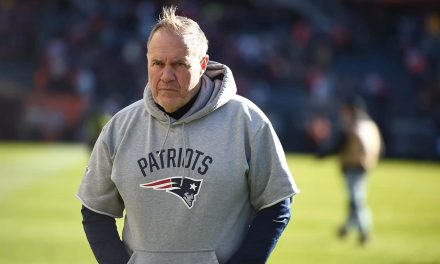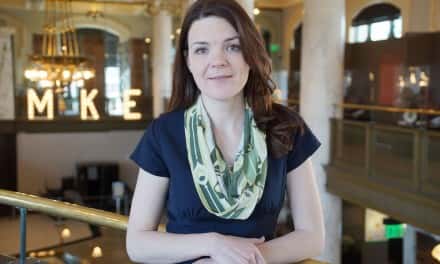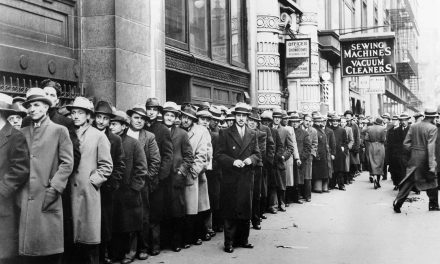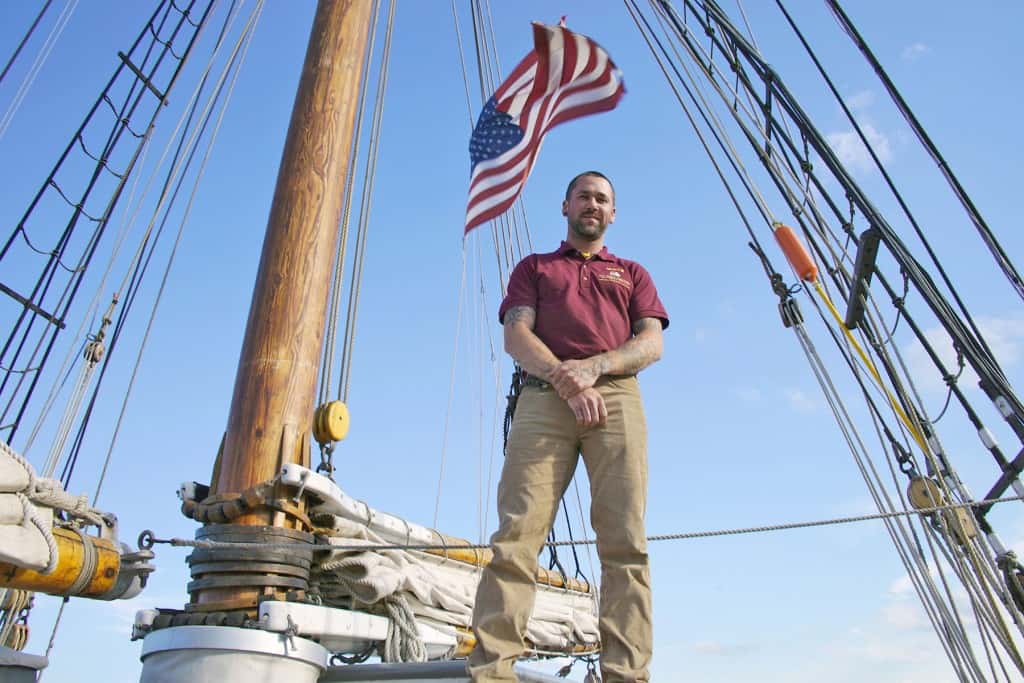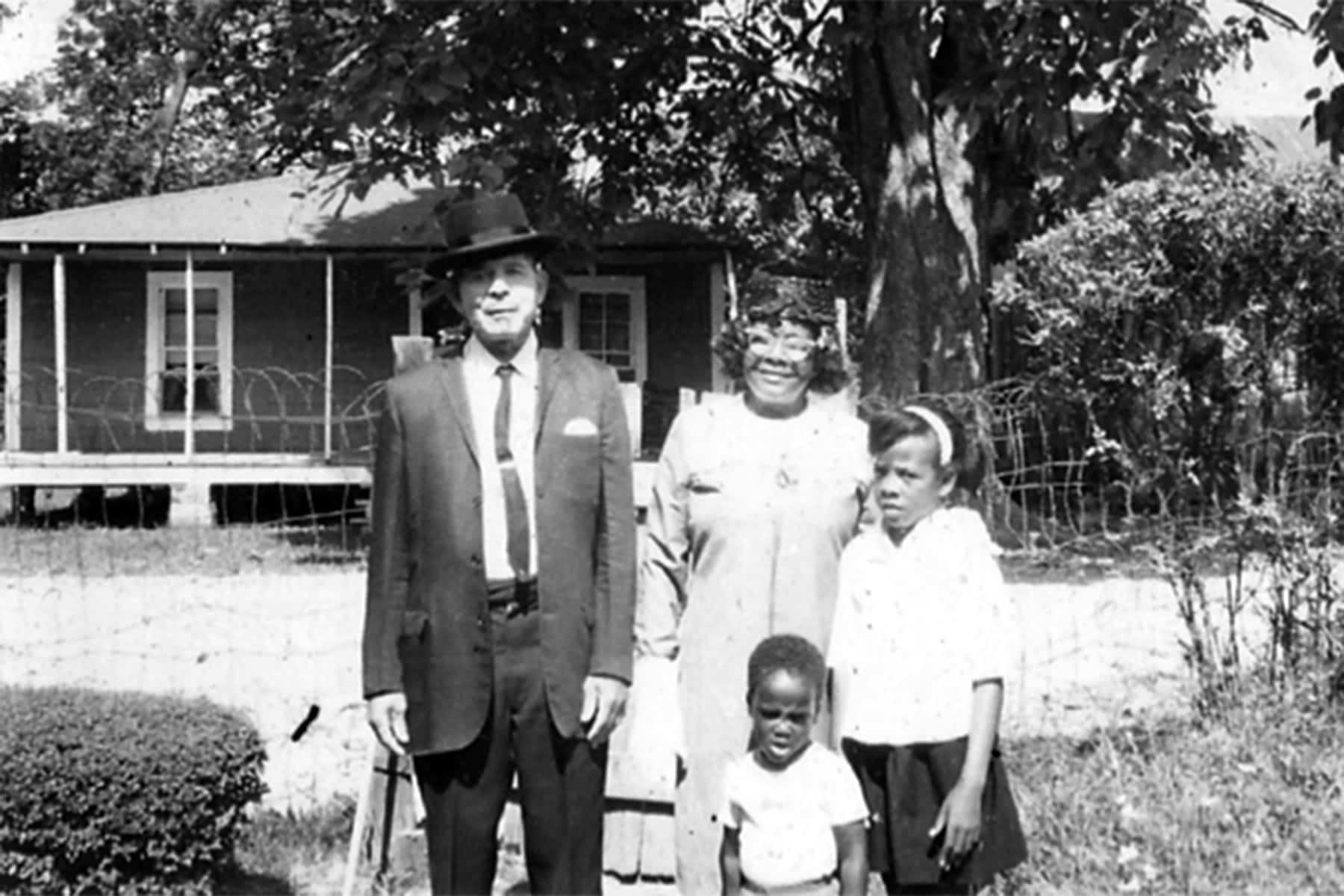
“A village without the elderly is like a well without water.” – African Proverb
“I wish I would have listened, when I was a kid, to my elders or people who had my best interests at heart, and then I wish I would have been more conscious at that age also.” – Metta World Peace (formerly Ron Artest)
As we see the devastation being wrought across the world due to the novel coronavirus pandemic, the greatest tragedy is the loss of our elders. Nursing homes and other centers of life for our elders have become breeding grounds for the virus. The virus is killing untold numbers of elderly people around the world. It is taking away from us wisdom, experience and memories that can never be replaced. We will suffer as much from the loss of our elders and the love, joy and compassion they have provided for each of us as anything else in our lives. These elders are for many of us, our family members, but also close friends, mentors, teachers, colleagues and those sometimes “nosy” neighbors that keep a vigilant eye out for our well being as well.
I was fortunate as a child to grow up in my early years in Mississippi, surrounded by extended family, including living in the same house as my grandmother, and having my great grandparents next door. As has been the tradition among my community since we arrived on these shores from Africa, our elders are extremely important to us. Contrary to the common misperceptions by early European visitors to Africa, we did not worship our ancestors as gods; we revered them and saw them as our conduit to speak to God after they had passed. We honored them while alive and needed their comfort and sage advice after they’d transitioned to the afterlife.
We are much more likely in black, Latinx and Asian communities to live with extended family members than whites are. In addition to that, many of us are caretakers of elderly family members because we can’t afford to send them to nursing homes and or move them into senior housing apartments and condos. They depend on us to check in on them, to run errands, to fix things around their house, to pick up their groceries and prescriptions for them, and we feel honored to be able to do this for them.
We have seen multiple outbreaks across the country at long-term care facilities, which the Wisconsin Department of Health Services defines as, “skilled nursing facilities (nursing homes) and assisted living facilities (community-based residential facilities and residential care apartment complexes).” As of May 1st there were a total of 7,314 people living in some type of group housing which includes the facilities mentioned above as well as include correctional facilities, homeless shelters, dormitories, and group homes. 509 of the state’s cases were in long-term care facilities.
A vulnerable population that is not talked about enough is the staff members at these facilities where our elders are living. We know that the residents are getting sick and dying at very high rates but we forget that the staff is getting ill disproportionately as well. We as a society must look out for their health as well. We cannot afford to have them become ill and infect their loved ones or our loved ones that they are the caregivers for. I believe they are just as important as any of the other “essential workers” in the fight against this virus. They should all be provided the proper protective equipment and trained in how to use it correctly. Likewise, they should all be tested for the virus because we know asymptomatic people are some of the most significant spreaders of the virus.
When we look at the data about COVID-19 deaths up to May 1st in Milwaukee County, 170 people aged fifty and older have died due to COVID-19; 16 were 50-59 years old, 33 were 60-69 years old, 56 were 70-79 years old, 45 were 80-89 years old and 20 were 90 years old or older. In the black community 86 individuals 50 or more have died; 13 were 50-59 years old, 20 were 60-69 years old, 27 were 70-79 years old, 22 were 80-89 years old and 4 were 90 or older. For Latinos, 7 who’ve died were fifty or older: 2 were 50-59 years old, 2 were 60-69 years old, 1 was 70-79 years old, and 2 were 80-89 years old. For non-Hispanic whites, 74 have died; 1 was 50-59 years old, 9 were 60-69 years old, 28 were 70-79 years old, 21 were 80-89 years old, and 15 were 90 or older.
As we look back on this pandemic and how it has taken away the lives of so many elders, it will be remembered as the coming of the grim reaper to our elders. Over the years I have lost all of my grandparents to early deaths. I was closest to my maternal grandmother. I lived in the same house with her for most of the first seven years of my life. I have so many wonderful memories of her. At the same time her parents, lived right next door to us. We knew my great grandparents as Mother and Papa.
I recall the wonderful breakfasts my great grandmother made for me, especially her delicious pancakes. She was the granddaughter of formerly enslaved Africans in the Mississippi Delta, a place with some of the most fertile soil on the planet. Her husband was also the grandchild of formerly enslaved Africans. I don’t recall many of the conversations I had with them but I do remember how close-knit the family was and the joy of the time I spent in their company.
I sat on their porch eating pecans and walnuts watching my great grandfather pinching snuff and placing it into his cheek. Mother loved to cook and they had a wood-burning stove where she prepared wonderful, delicious old Southern recipes. I hated black-eyed peas but remember her making them regularly. Of course as was the rule, I had to eat them whether I wanted to or not. They were strict disciplinarians and my great grandfather was a veteran of WWI. They did not play around with children but it was fun to see my great grandparents every day.
My great grandfather was a dedicated fisherman and hunter. He owned a lot of hound dogs, which were the noisiest animals I’ve ever been around in my life. I took great joy in cutting the scales off of the fish that he and others caught when I was a little boy. One day a large snake — or at least it appeared that way to me — was crawling across the dirt road in front of our house. I along with an older cousin were terrified and called Papa. He grabbed a garden hoe and chopped the snake up to safe guard us and other neighborhood children.
My childhood was enriched by me having those relationships. Likewise, my wife’s paternal grandmother was an important part of her childhood. While her mother and father worked, her grandmother was her caretaker and second mom. They called her Grammie. She reminisces a lot about her grandparents who lived up stairs from her and her parents and siblings.
I’m sure many of us have really fond memories of the elders that brought us together for big Sunday dinners, and holiday meals. For many people today living through this pandemic our memories of our elders will be short changed. As we all had expectations of living with them for more years, this virus is cutting us off from those wonderful times together.
We are losing the generations that kept us close. Those who have the family history going back many generations are dying and taking that important information with them. When I started many years ago to trace my family history, I began with the oldest living family member, one of my great grandmother’s sisters. She remembered names that no one else knew. She wrote me a lovely letter with those names that I still have to this day.
As COVID-19 breaks our families apart it is important that we not take our elders for granted. It doesn’t matter if they are 50 or 100 years old, we could lose them. Tragically in their last hours and days if they are ill with this disease we can’t spend time with them as they are in isolation. Even more hurtful is that we can’t safely gather in large groups to honor their memories in the way that we would love to.
We should cherish them while we can and show them how much we love and care about them. We can’t visit nursing homes but we can make phone calls and write letters to them. Don’t regret not doing this. Your chances to enjoy the elders in your family are not guaranteed. Take advantage of the opportunity now, in this moment.
“I feel very lucky to have grown up having interaction with adults who were making change but who were far from perfect beings. That feeling of not being paralyzed by your incredible inadequacy as a human being, which I feel every day, is a part of the legacy that I’ve gotten from so many of the adult elders.” – Marian Wright Edelman
Footnote
1970 Charleston, Mississippi. Reggie Jackson at age 5, standing next to his cousin Rose with great-grandparents Lonnie T. and Edward Diltz in front of the home that he grew up in.

